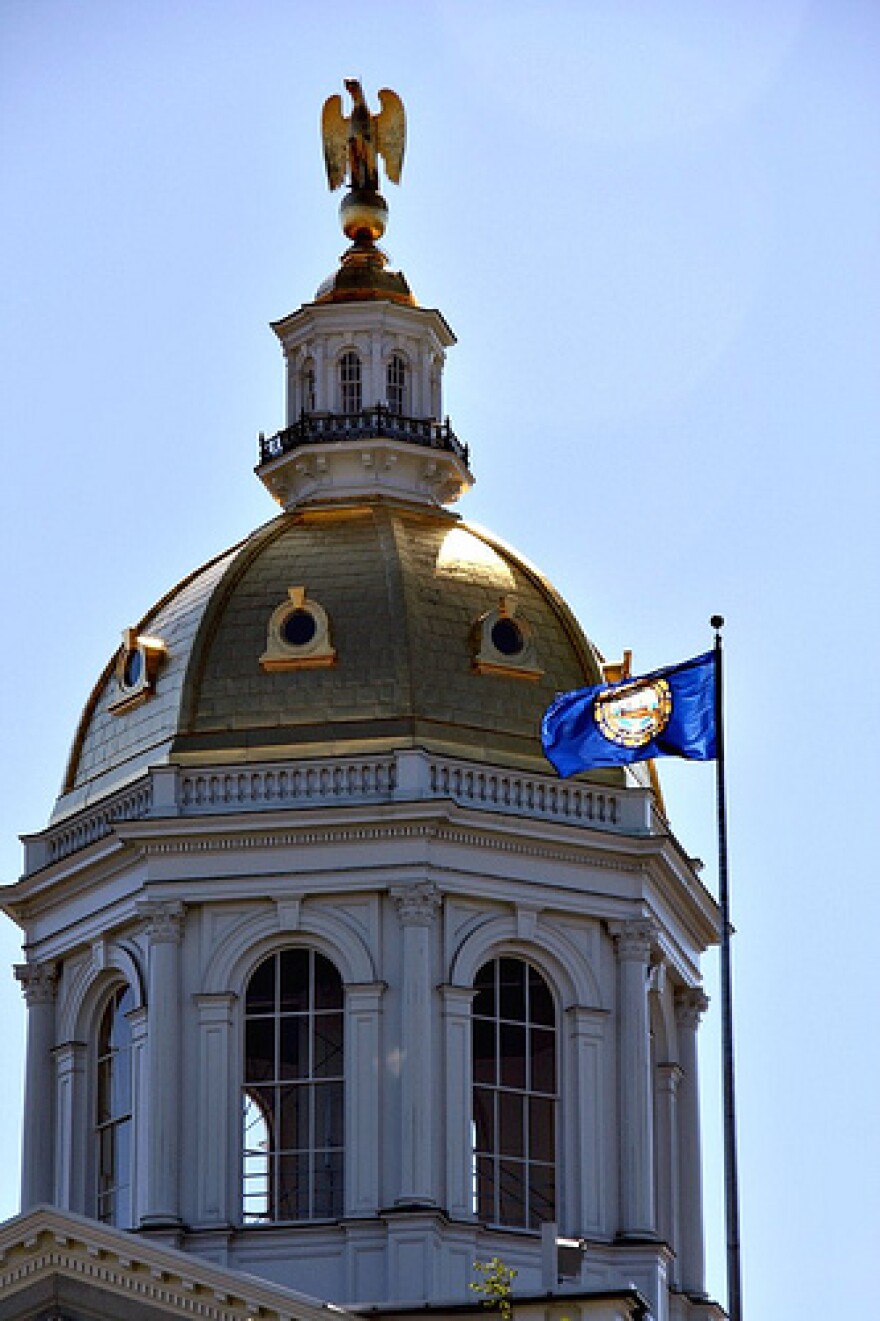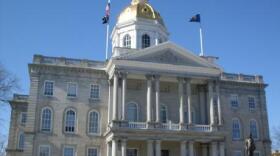A study released today called the State Integrity Investigation gives New Hampshire a D grade in its political finance laws, citing a poor disclosure calendar and a bad website for displaying campaign donation documents.
But even in a state that prides itself on open government, campaign finance reform has never been an easy sell.
The legislative session is in full swing right now, and with scores of bills moving through the House and Senate. Lobbyists work the halls of the statehouse. Many evenings lawmakers hold fundraisers in local restaurants and the guest lists are full of lobbyists.
Given that, now might be a helpful time to know who’s giving what to whom and how much.
But candidates don’t have to file their campaign donations until mid-August and political action committees file in mid-June.
Secretary of State Bill Gardner says that there was a time when this schedule made sense, back when politicians could raise the money they needed for their campaigns in a few weeks. He says it used to be that candidates only had to disclose campaign donors after the election.
"There was a decision from the legislature that it would probably be a good idea that people knew before they voted," says Gardner.
But now even at the level of State Senator, where a campaign can cost upwards of a hundred of thousand dollars, fundraising begins as soon as the last election is over.
Olivia Zink from the campaign finance advocacy group Coalition for Open Democracy says following the money with any precision is difficult. Particularly since most reports are hand-written, and not searchable electronically.
"It’s really hard to dig through and find out any real meaningful information without a lot of labor," she says.
The solution would be to use an electronic filing system, which – incidentally – New Hampshire has, but it isn’t mandatory to use it.
Deputy Secretary of State Dave Scanlan says New Hampshire’s citizen legislature is far from cutting edge in technology matters. "There’s a segment of that population that just isn’t up to speed on how you download those reports online to a searchable database," Scanlan says.
So e-filing remains optional, and that seems unlikely to change anytime soon.
Jack Barnes is the dean of the NH senate, now in his ninth term. Reforming these laws don't even seem to be on the senate's radar.
Laughing, Barnes says, "There are a lot of things that need some tweaking, but this issue is not a hot-button issue for me."
Campaign finance advocates have been hearing that for years. Jim Splaine, is a former lawmaker who pushed for campaign finance reforms for decades.
"It is a weird catch 22 where you’ve got people who benefitted from the current system who are being asked to make changes to the system that got them in power," Splaine says, "Why would they want to do that?"
The state that scored best in political finance for the State Integrity Investigation was Connecticut, which has regular, electronic reporting of donations for anyone associated with state politics. They also have a system of public campaign funding.
Michael Brandy is the executive director of Connecticut’s electoral watchdog agency. He says Connecticut’s laws followed on the heels of some very high profile scandals, one involving former governor Rowland, the other involving the state treasurer.
Both of them wound up in prison.







